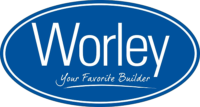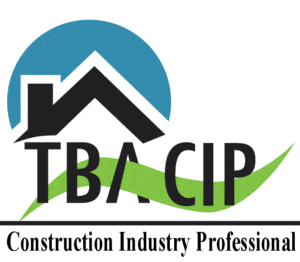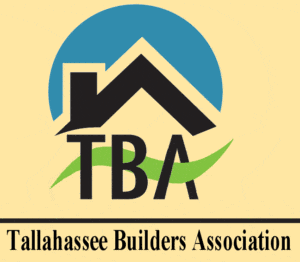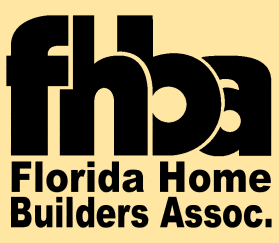Ask The Expert
Questions to the Master Builder
Mark Worley, with over 30 years experience as a contractor, is our resident expert. Below are just a few of the questions ask of our expert. If you have questions not answered below, please contact us.
Your builder should take a proactive approach to not only protect your home from excessive dust, but your family. Prior to starting the renovation, the builder should have a site meeting explaining the schedule and what to expect during the process. A general overall schedule should be explained prior to starting the project, followed by a weekly schedule during construction that would include work hours, cleaning and storage of material. A thorough builder will take into consideration your work hours, regular routines and special requirements needed by your family. Other precautions should include the following:
- Using protective material on the floor that will be easy to walk on during construction.
- The use of plastic room dividers to provide dust protection while separating work areas from living space for personal protection.
- Properly storing materials, tools and promptly removing construction debris.
- Using an air filter or depressurization system to control dust in the work area and the rest of the home.
- Adding additional air filters to the existing HVAC system to avoid dust from entering the system.
- Builder supplied bathroom facilities (temp toilet) that will separate contractor traffic from living area.
Taking the time to protect you and your home may take some extra time during the construction process but will result in a safer, cleaner home during and after the project is complete.
Do-It-Yourself Tip
To help clean the air in your home, tape a 20″x20″ HVAC air filter over the intake of an inexpensive box fan that can be purchased for about $12.00 and let it run 24-7 during your renovation.
Simply put, Light pollution occurs when artificial light intrudes on the nighttime setting. Light pollution results from outdoor lights aimed upward or sideways — the light scatters in the atmosphere and reflects back to the ground. When I moved into my house I placed floods on the four corners of the house like most people do. My new neighbor brought to my attention that one of the floodlights was shinning in their bedroom window and ask if I could redirect that light. That’s light pollution on a personal scale. With new homes starting to be built again on those vacant lots next to you it would be a good idea to see if your light is extending too far into their space. There are ways to reduce light pollution, starting in your own neighborhood. Make sure outdoor lights reflect downward in what are called fully-shielded fixtures. Also consider exchanging high-wattage bulbs for dimmer ones and selecting warm-white lights with low emission of blue light. A great way to save energy and reduce trespassing light is to turn off outdoor lights unless needed.
This time of year there seems to be more leaves falling than in the fall, which demands your attention to keep your roof and gutters free of debris. A shingle roof is designed for positive drainage (water running one direction) if pine straw and leaves are in a valley the water will back-up under the shingles and cause an unnecessary leak. Did you know that 85% of roof leaks are in the valley?
Another area of concern is the gutters. If they are filled and cannot drain properly the same occurrence will happen with water backing up and causing wood rot. While you are inspecting your roof check the plumbing boots (those pipes sticking out of your roof). Squirrels really like to eat the lead type while the plastic boots always breakdown due to UV exposure. Both types, if compromised will result in a roof leak.
At this time in your lives, it is a good time to think about ‘what ifs’? Since you are planning on staying in your home for a long time, it’s a good idea to consider how you can create an environment in your bath for the long term. Changes that might apply are including larger doorways, pocket doors, a curbless shower, vanities with knee space below, offset controls for tub and showers, extra maneuvering and clear floor space, grab bars and lever controls.
The exhaust fan. The primary purpose of an exhaust fan is to rid the bath of humidity. A constant high level of humidity in the bath over time can lead to problems like mold, and drywall damage. The current Florida Building code requires a window with a minimum opening of 1.5 square feet or an exhaust fan that removes 50 cubic feet of air a minute (CFM). The building code also requires all exhaust fan duct work to be “direct vented” to the exterior and not into attics or soffit space. There are many choices of exhaust fans on the market that are not only quiet, but efficient. They can be operated by a simple on and off switch, a timer, and even by a preset humidity level or with a motion sensor.
One word. Maintenance, and few more to describe what I am talking about. When I built our home 16 years ago the plumber gave me some advice that has kept our shower fixtures looking brand new,” Wipe the moisture off of the fixture each time you are finished taking a shower with a towel.” This daily routine removes all of the soap and hard water deposits and also works on keeping your shower door and windows clean and free of stains. But if you want go one step further in preventing staining apply 100% spray silicon to a rag and wipe your plumbing fixtures down once every three months. For your windows and shower door apply Rain X and watch the moisture bead off your glass. Rain X Glass treatment seals the microscopic pores of glass with a super slick, invisible barrier that repels water. I still recommend that you continue drying your fixtures after each use even with the additional aid of silicon and Rain X.
The problem most likely is not with your dishwasher but with the detergent. I replaced my D/W within the last six months and experienced the same problem. At first I thought that the D/W was not operating properly but upon further investigation I learned that the problem was based on eco-friendly changes in detergents. As of July 1 eco laws were passed limiting the amount of phosphates in household dishwasher detergents. As a result major manufactures have reformulated their D/W detergents for the entire United States. The ban is because phosphates are difficult to remove in waste water at sewage treatment plants. In freshwater phosphates boost algae growth, which consume all the oxygen and ultimately kill fish and plants. I have found that using a rinse aid helped solve the problem alone with switching to Lemi Shine, a super concentrated detergent designed for hard water. Other suggestions include using tablets and Pacs over powder, liquid or gel detergents.
The payment schedule should be addressed within the contract with a value stated for each phase of the project. All payments should be based on the percentage of work completed. You should never pay for uninstalled work unless it is related to the original deposit to the contractor or custom fabricated items such as cabinets and countertops. If your project is a simple bath remodel the contract should specify amounts owed as each phase is completed. On a large multi-phase project such as a whole house remodel, it is advisable to have a third party verify all completed work. This is the same procedure used in new construction and relieves not only the owner, but the builder as well, of disputes related to completed work and prompt payments.
Look for lint build-up in the dryer as well as the exhaust vent to the exterior of the house. If your exhaust vents upward (vertical), you will need to inspect and clean more often than a horizontal design. Here is a terrific link on how to clean your dryer vent in 14-steps. If your vent is clear of obstructions and you are still having problems consider calling an appliance repair tech.

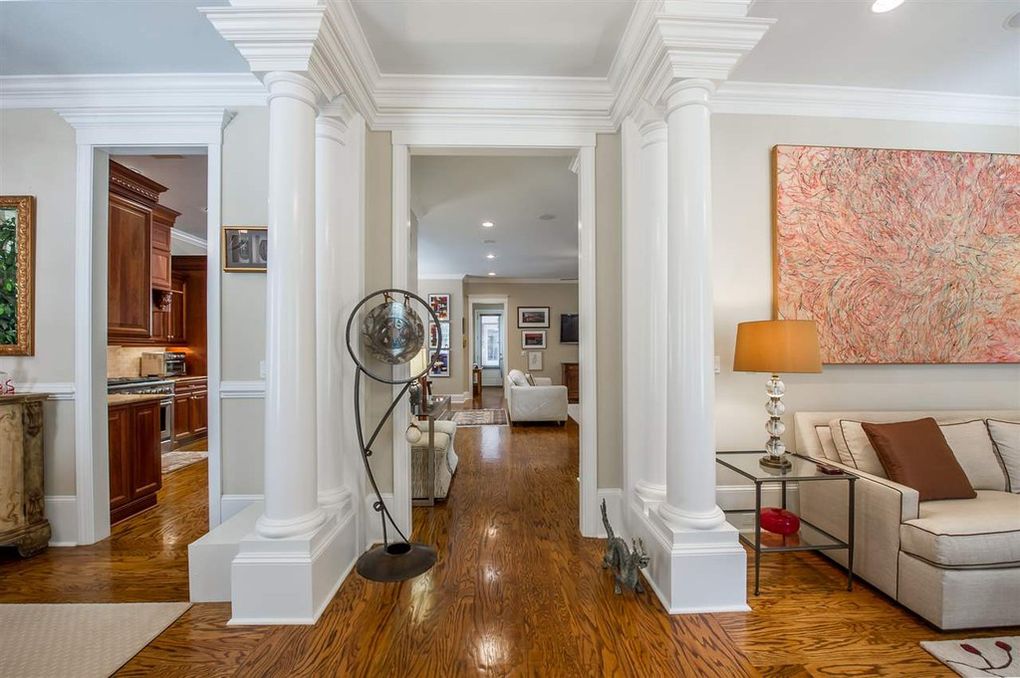
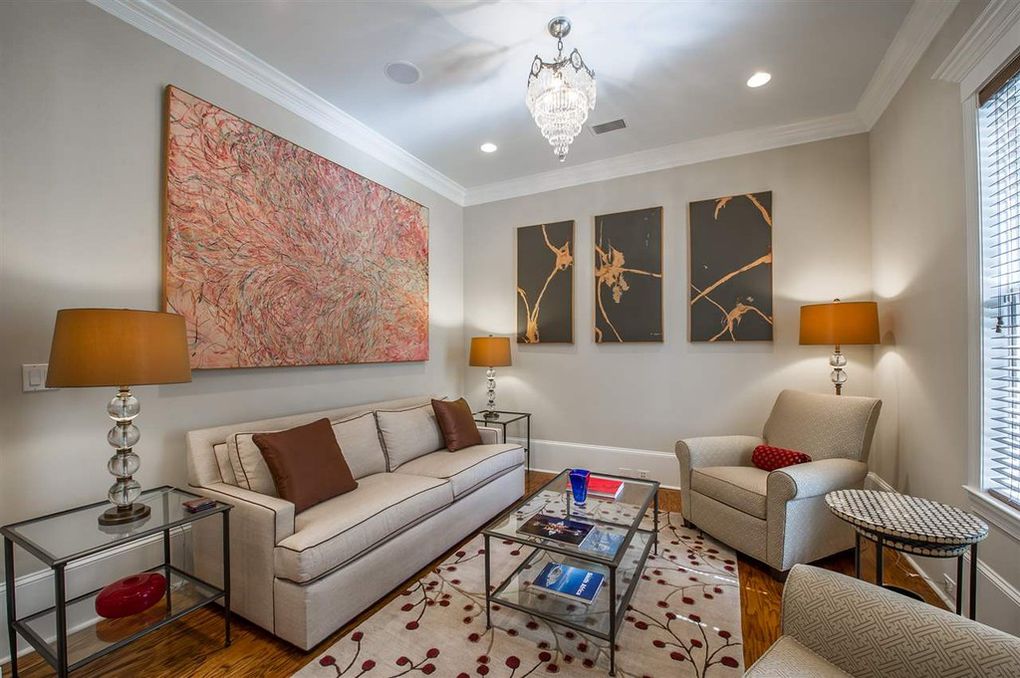
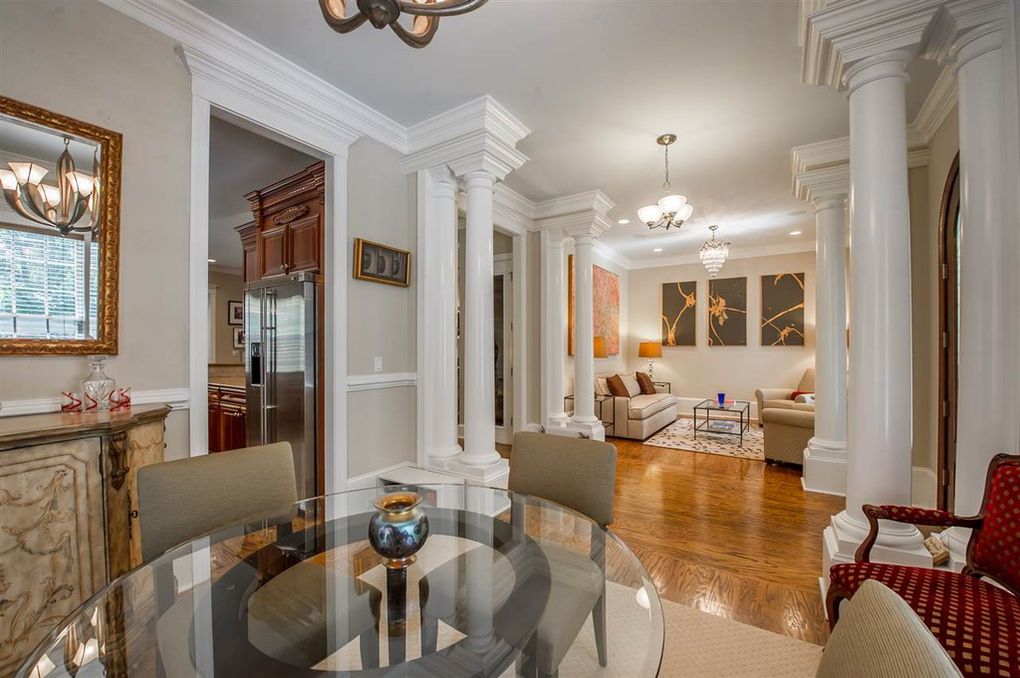
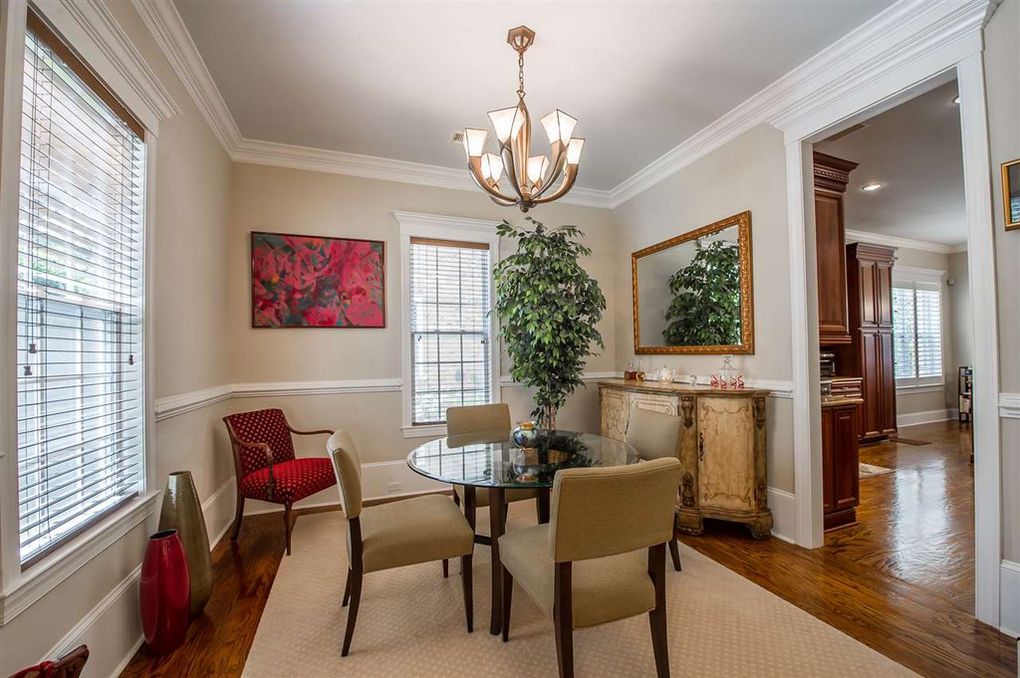
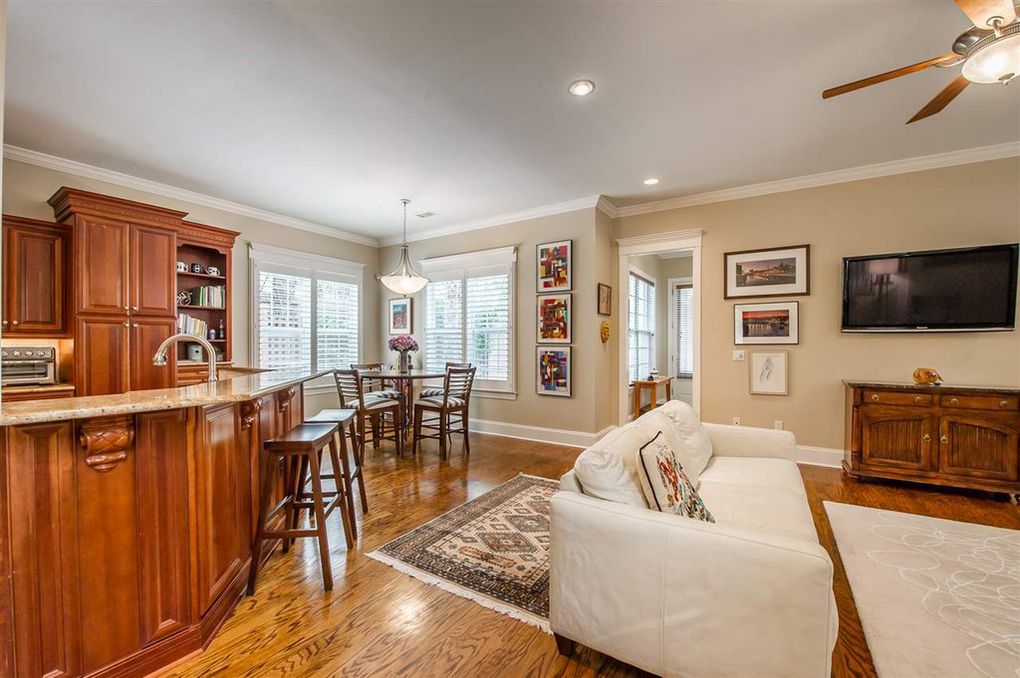


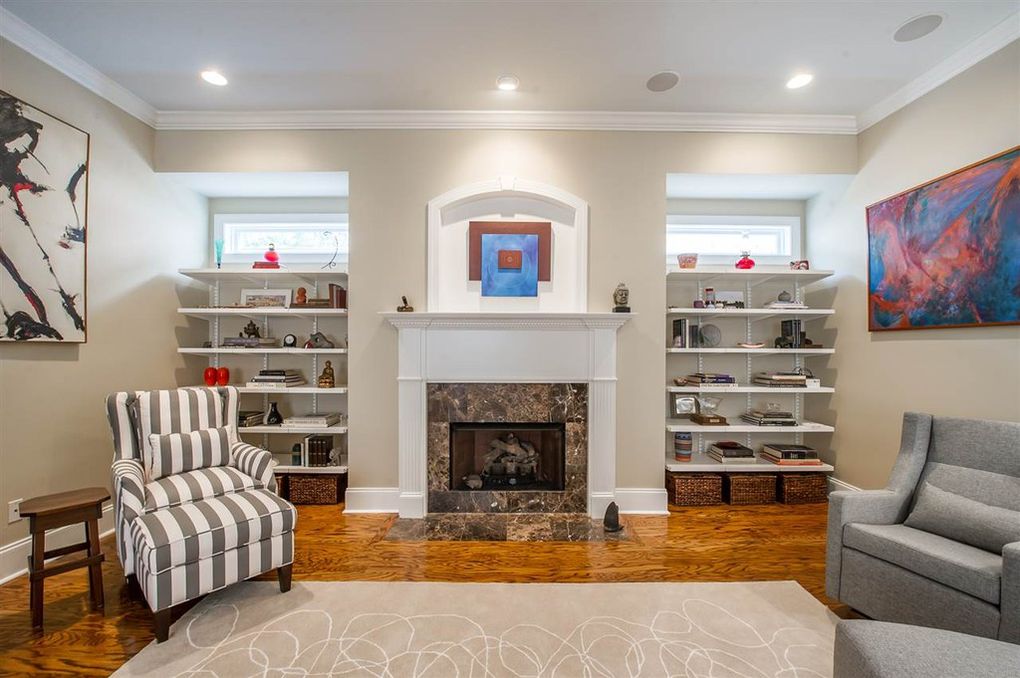

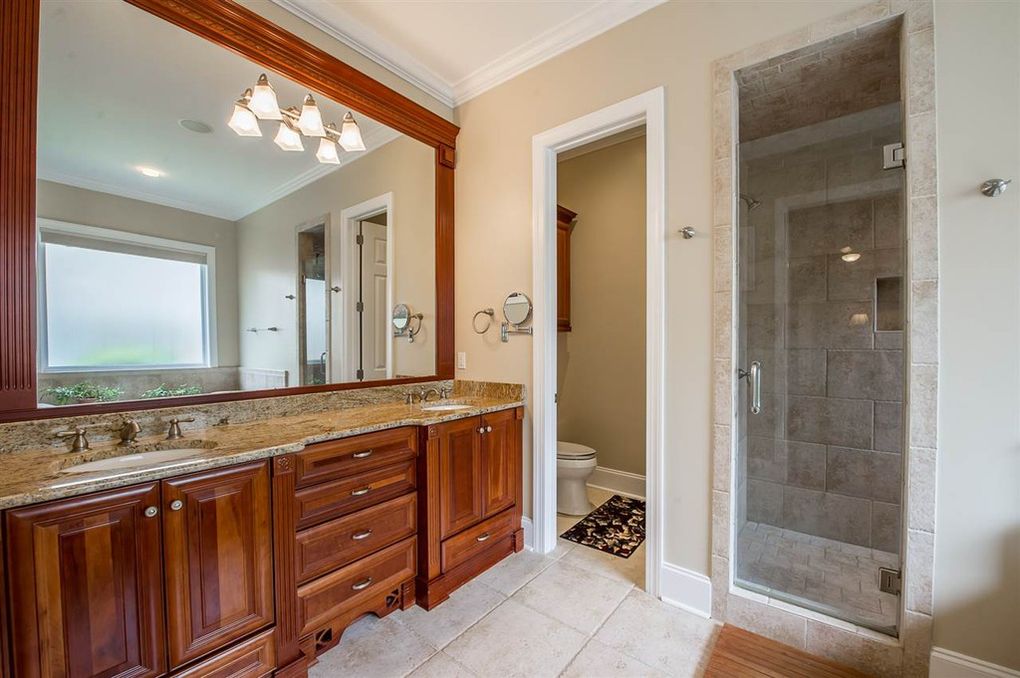
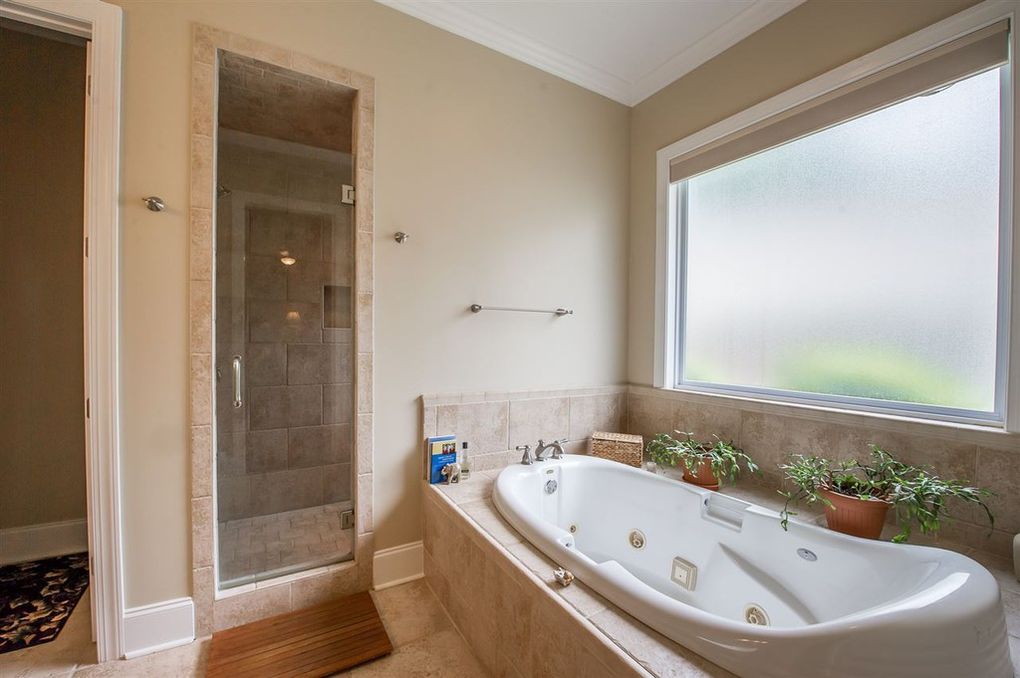
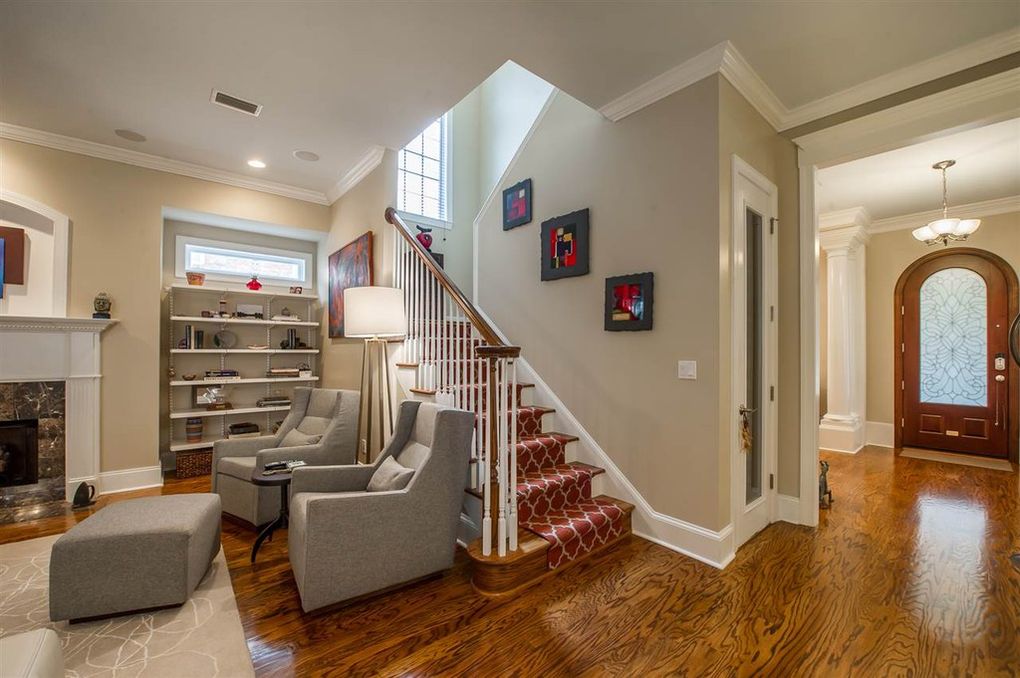
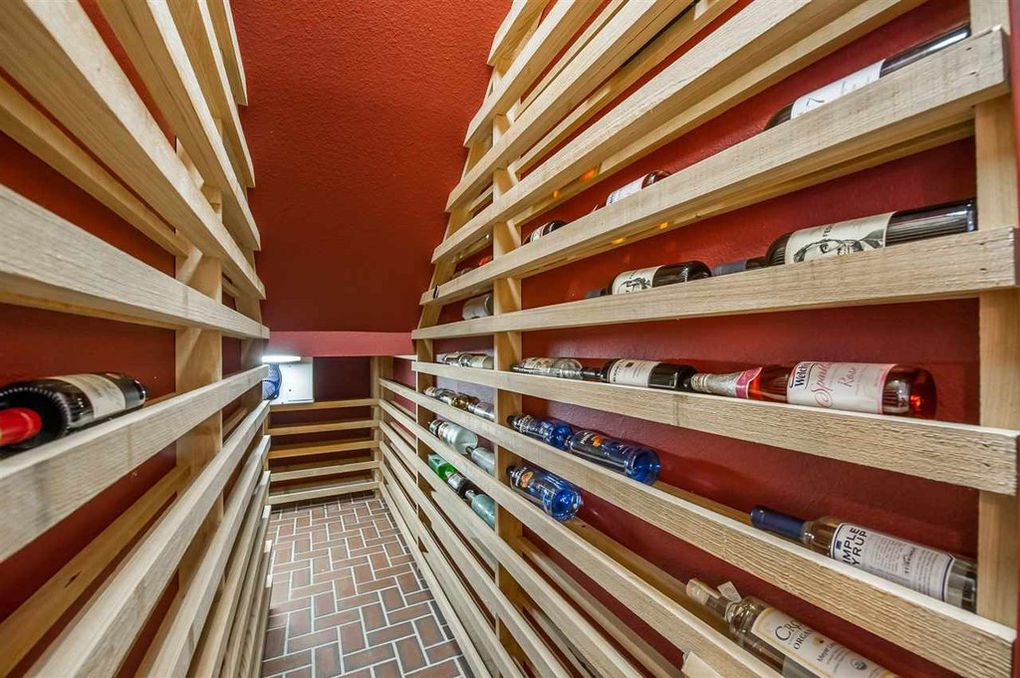
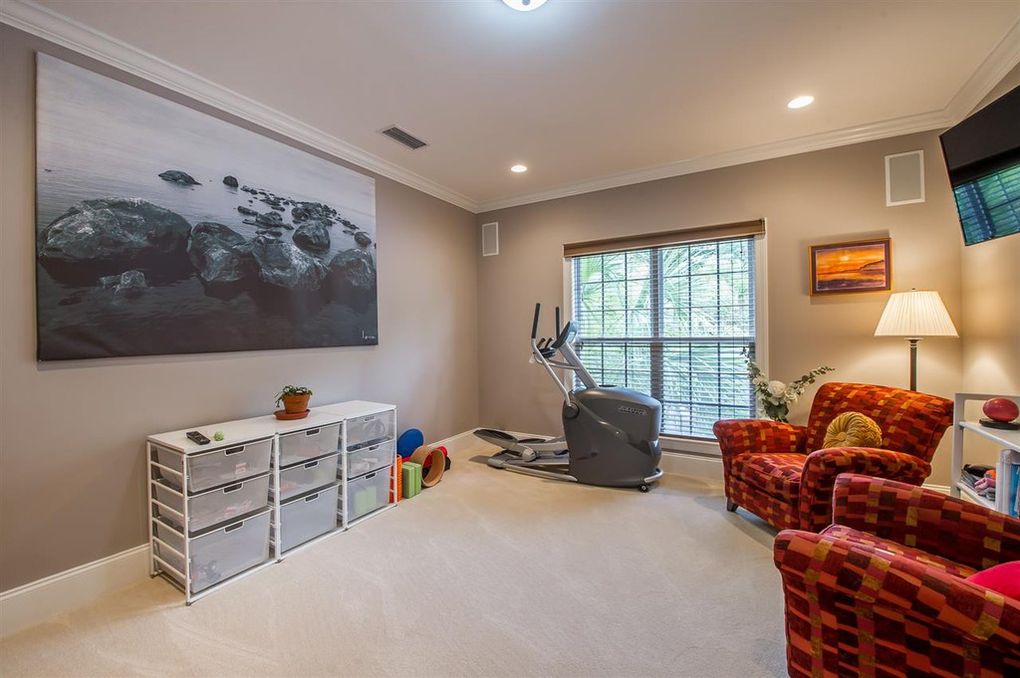
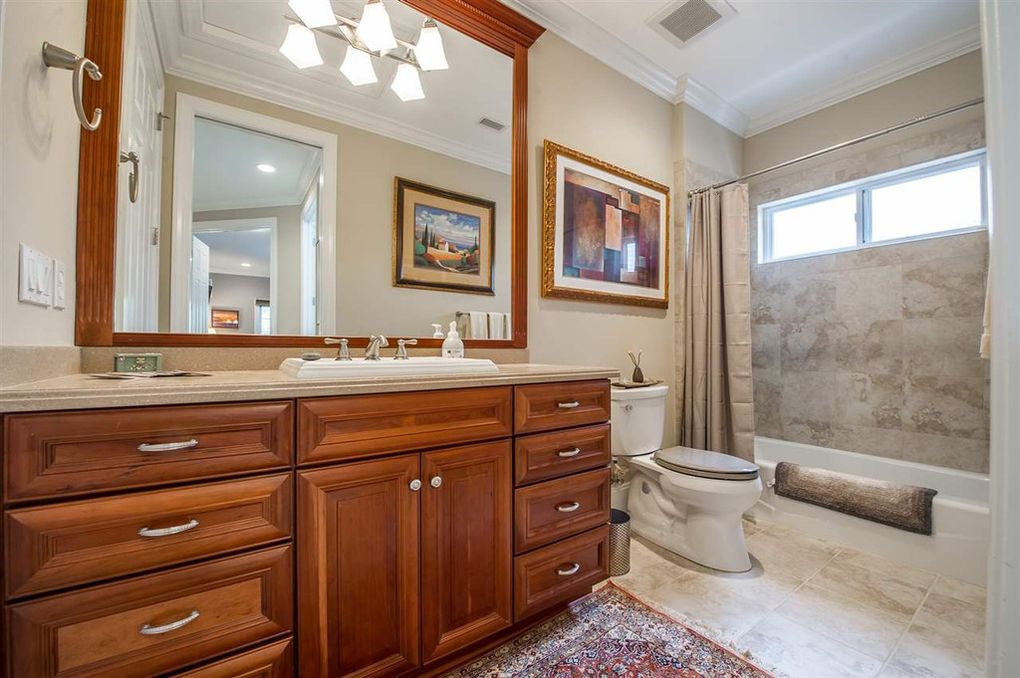
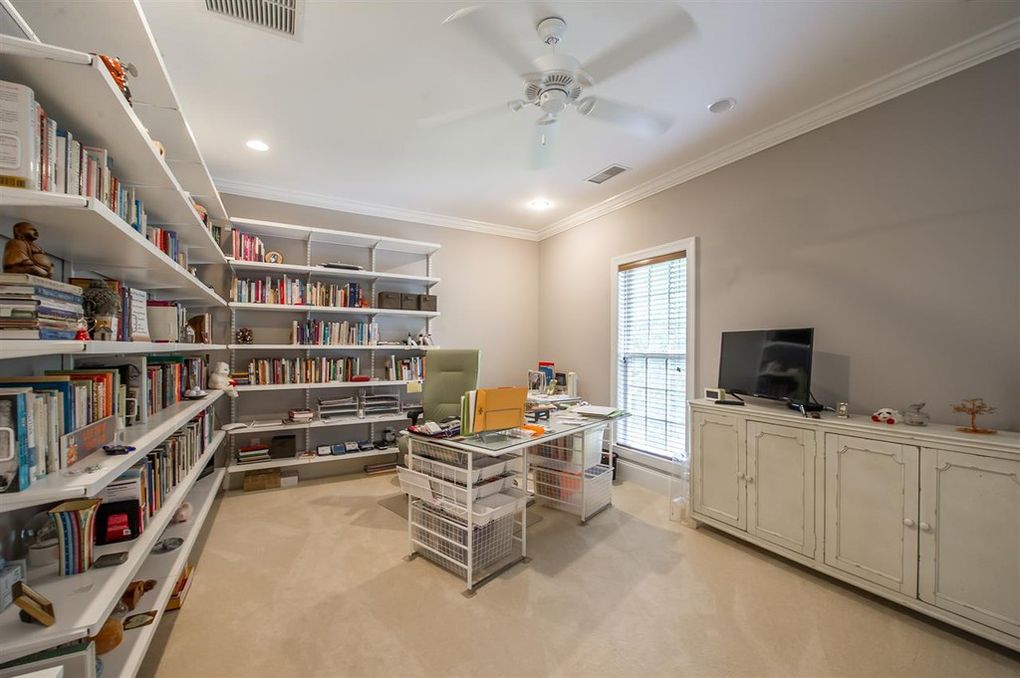
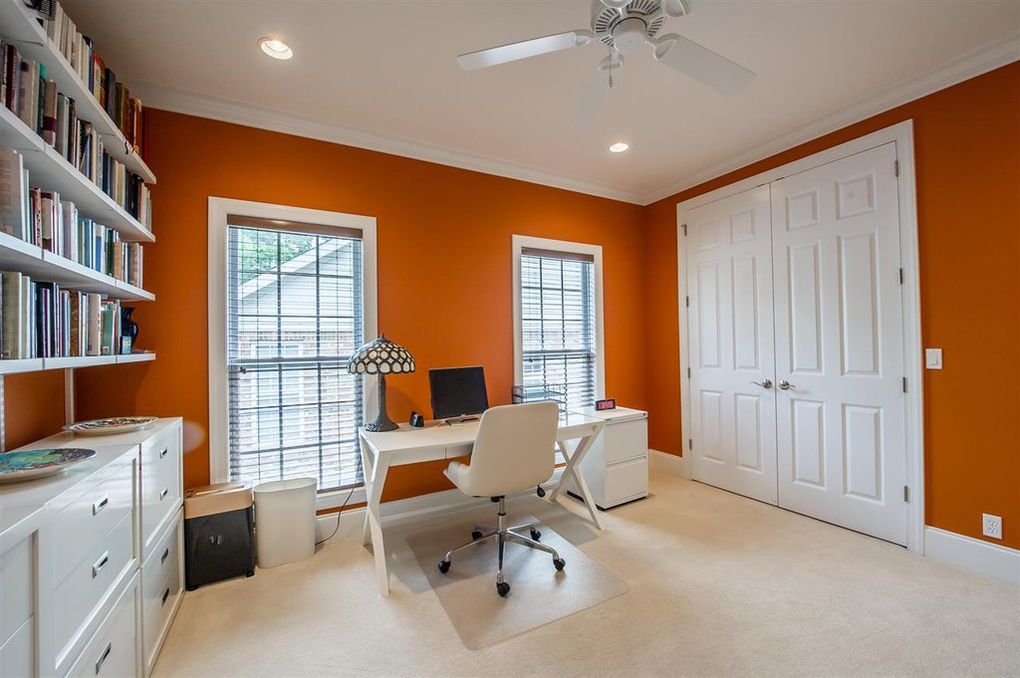
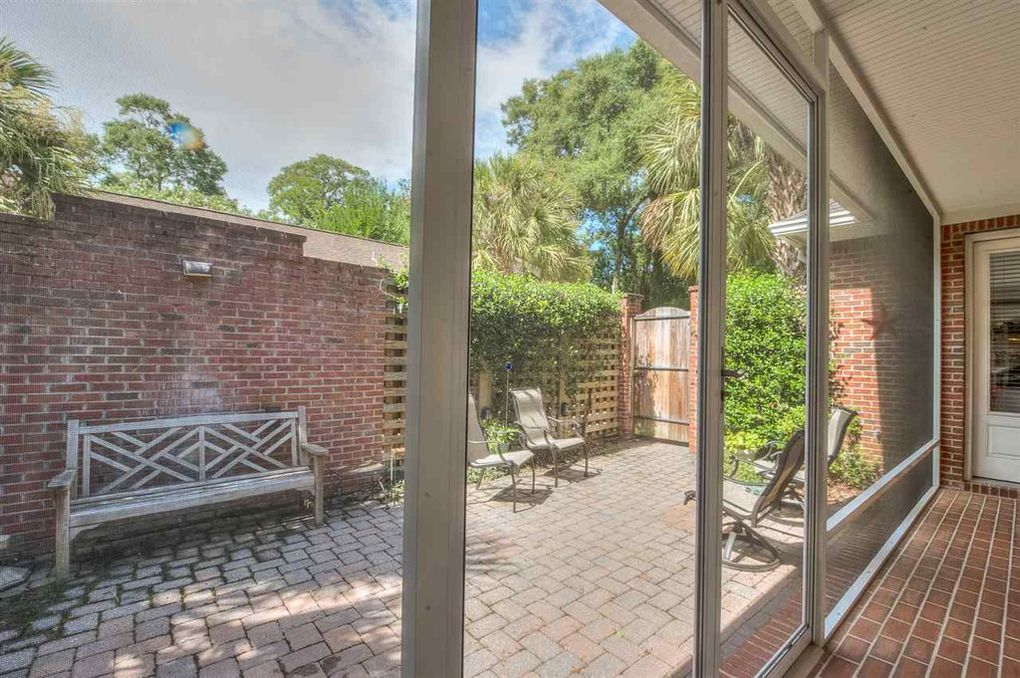
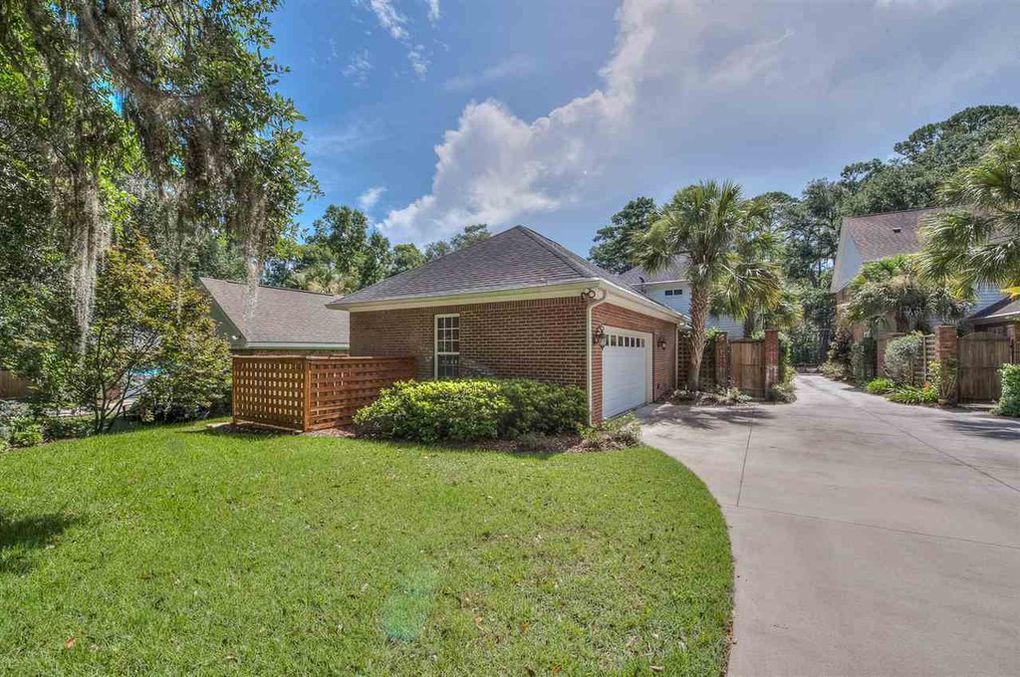
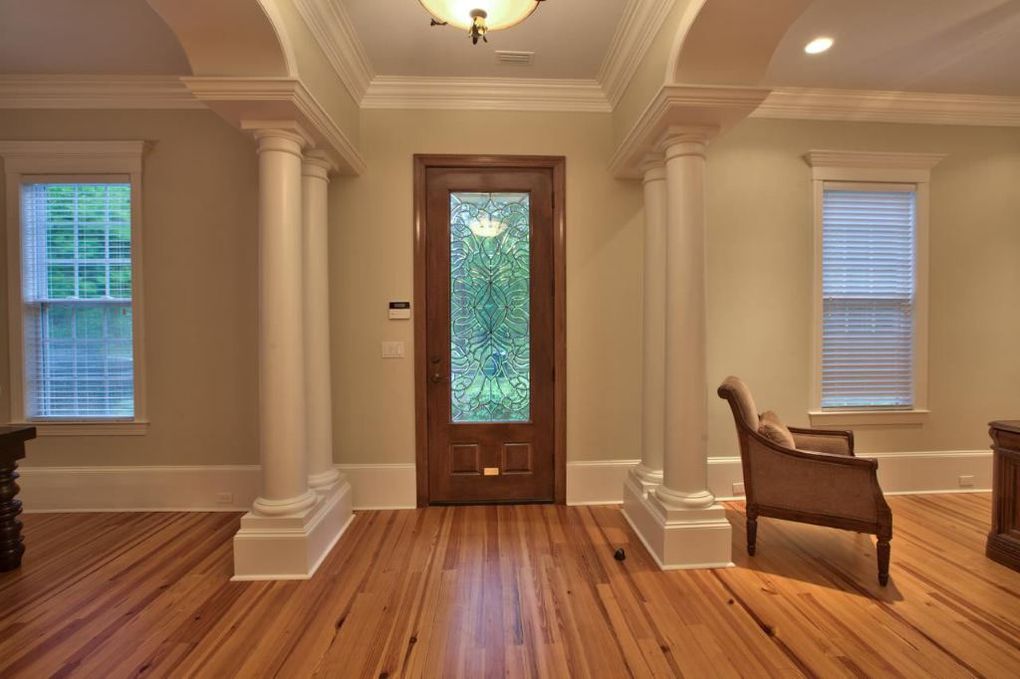
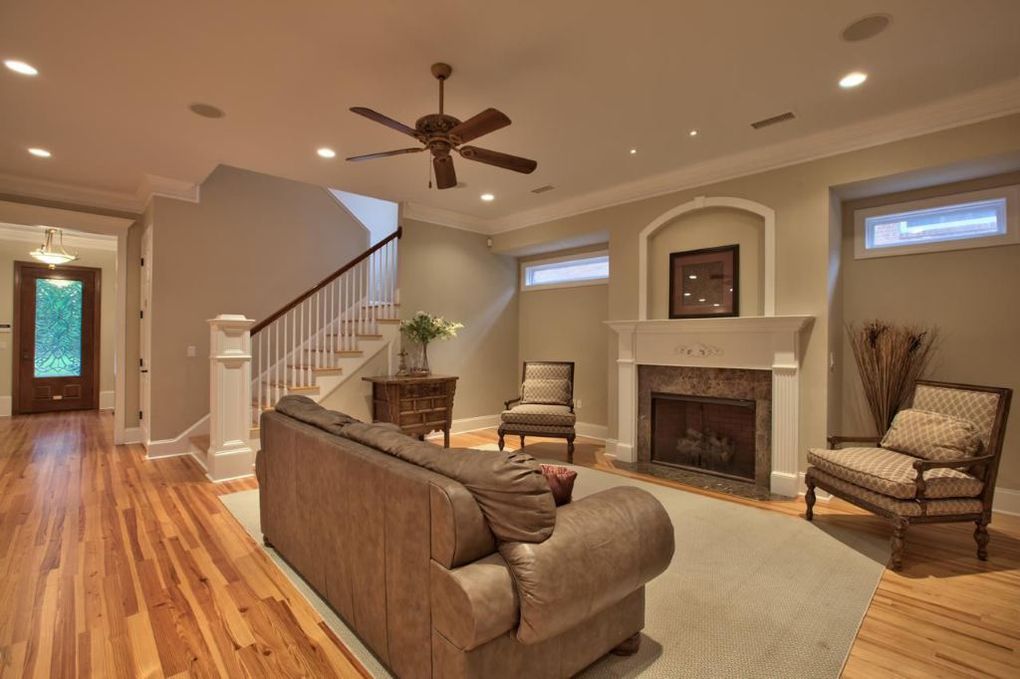
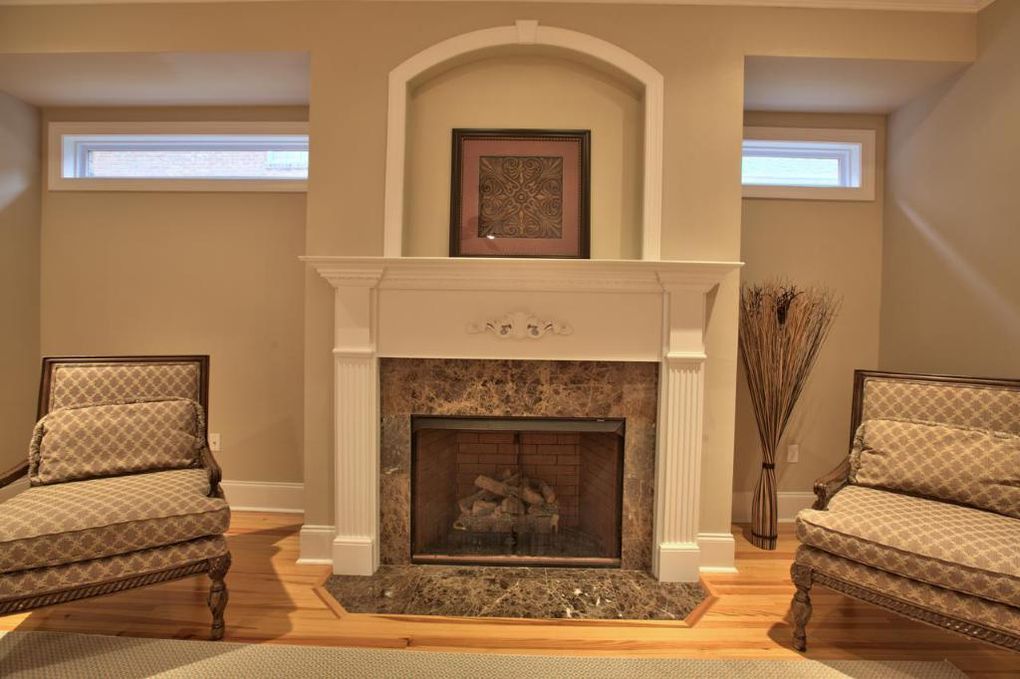
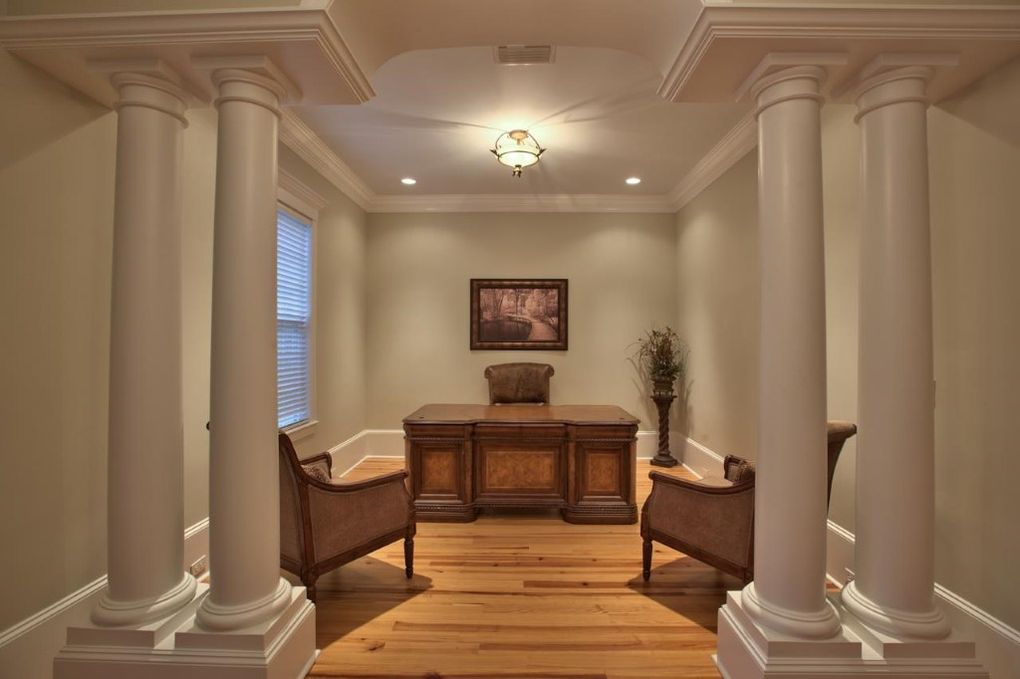
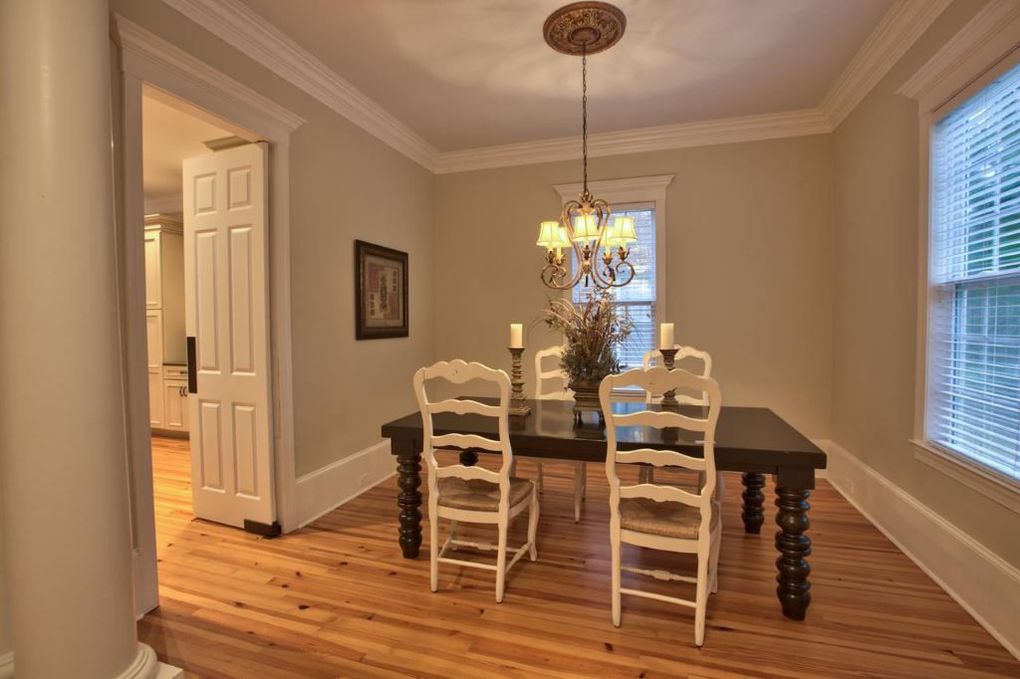




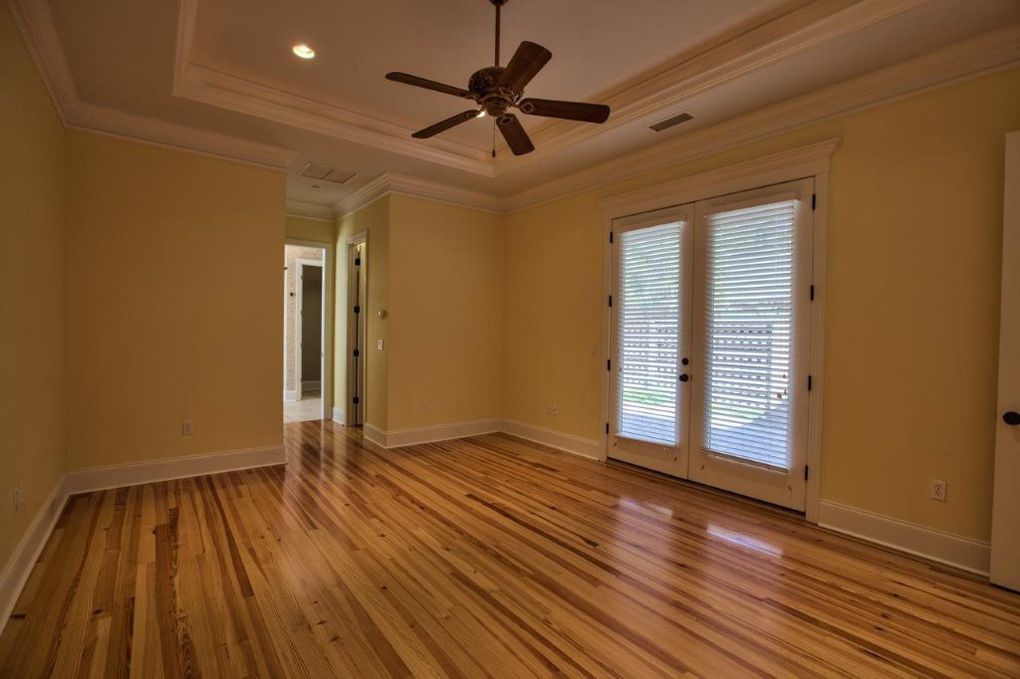
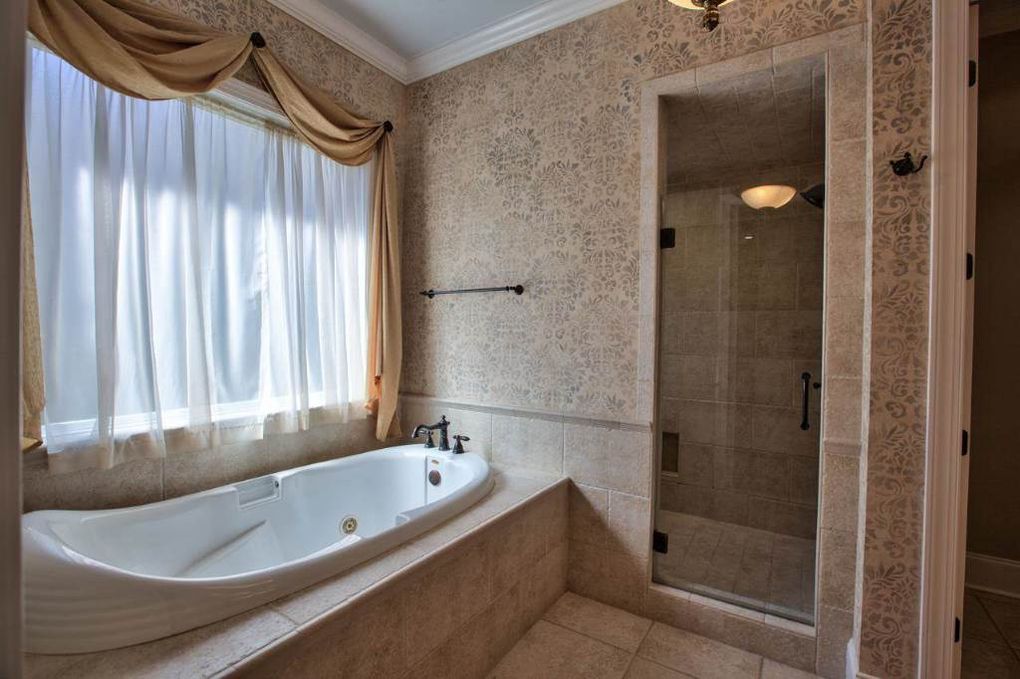
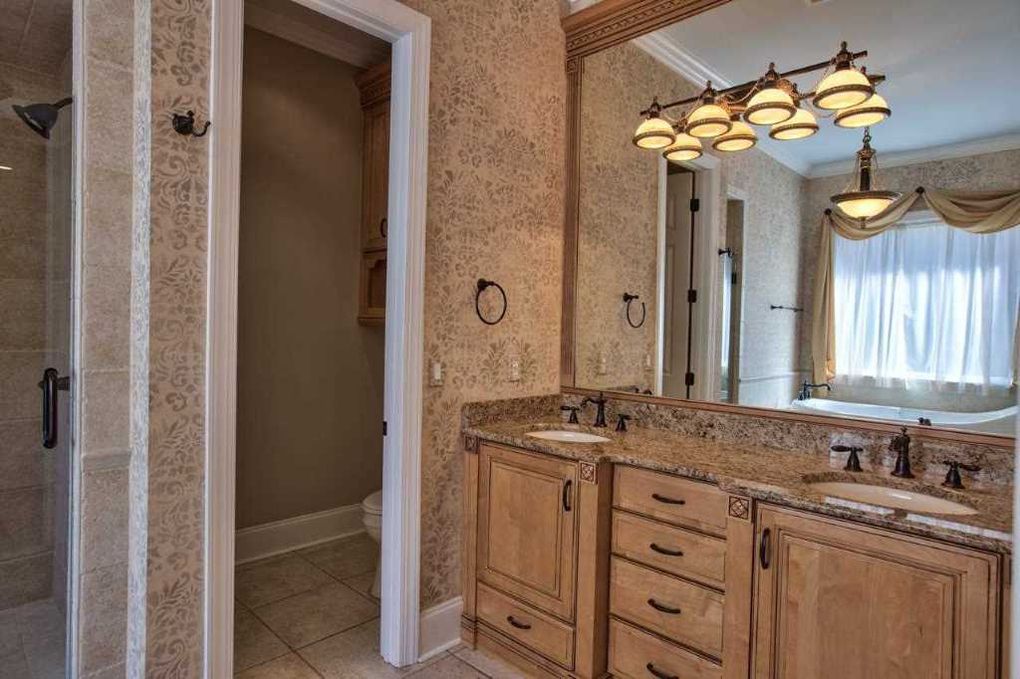
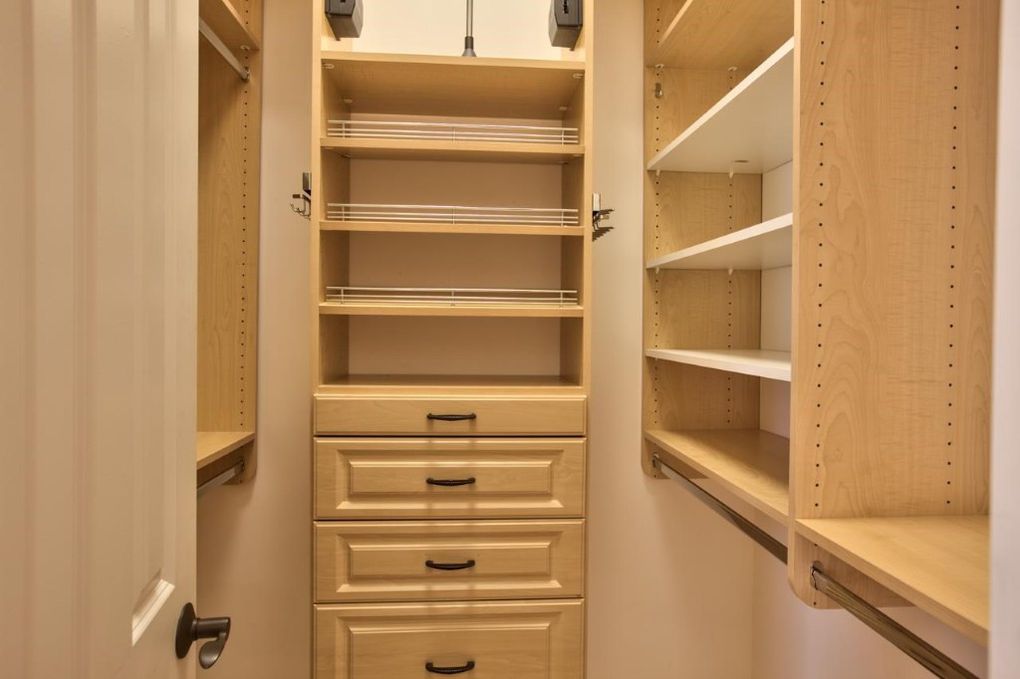
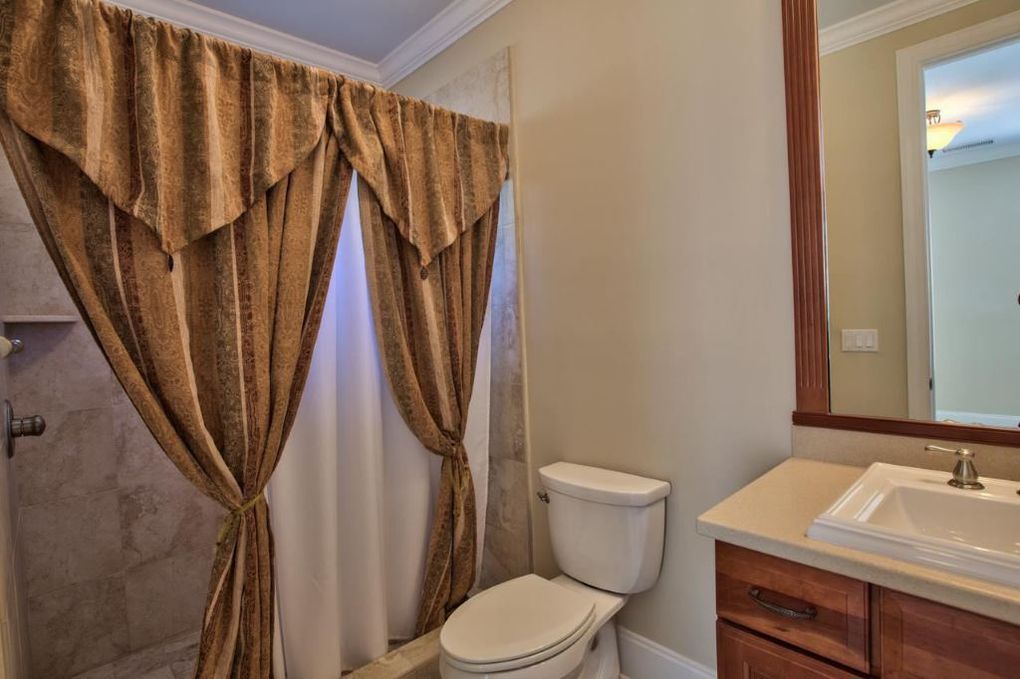
Get Your Free Consultation
Are you looking to build you own home but not sure how to proceed? Let us help you design the dream home you have been wanting your whole life.
